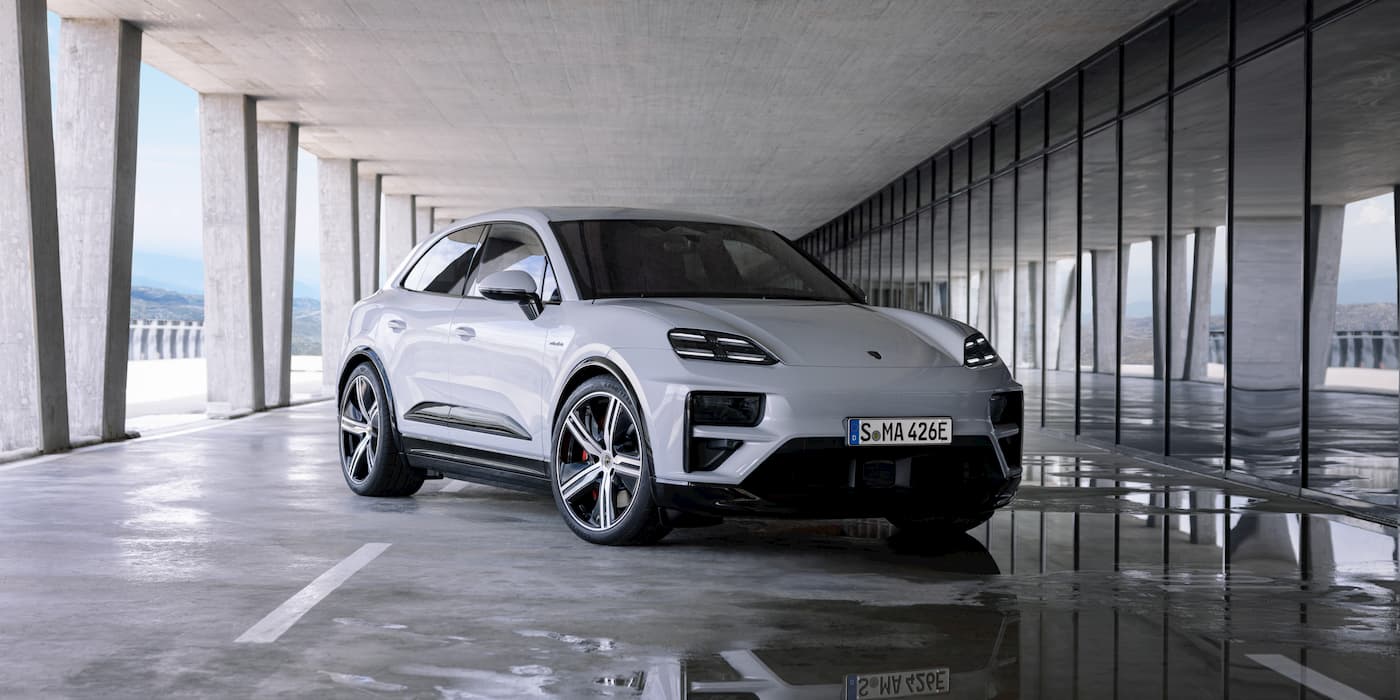[ad_1]

On the heels of unveiling the long-awaited all-electric Porsche Macan SUV, the company’s chief financial officer Lutz Meschke delivered what could be some dreary news, if it happens: He said that Europe’s plan to ban ICE vehicles by 2035 may get pushed back due to a slowing EV demand, reports Automotive News Europe.
“There’s a lot of discussions right now around the end of the combustion engine,” Meschke said yesterday at the launch of the Macan in Singapore. “I think it could be delayed.”
According to the report, the “slowdown in EV orders” has forced the EU to reconsider the phaseout plan – and consumers have struggled with a lack of “reliable” charging stations and a rollback on EV incentives.
Three years after the UK announced it would ban new ICE cars and vans by 2030, Prime Minister Rishi Sunak recently decided to delay the ban by five years, with a new start date of 2035. For instance, this year in the UK, at least 22% of manufacturers’ sales must be electric. For each ICE sale that exceeds the quota, automakers selling them must pay a fine of £15,000 (around $19,100). Toyota and Ford, two of the largest manufacturers in the UK, could be faced with fines potentially in the billions by September, according to Dataforce (source: Forbes).
Of course, luxury brands like Porsche, Meschke said, can do just fine without the help of government subsidies, since consumers in that market don’t need incentives of a few thousand euros. But he sees a potential for governments to bring back EV incentives if things don’t improve.
“We have to see how steep the ramp-up curve is in coming years,” Meschke said. “If we have a situation like now, with certain reluctance to buy electric cars in Europe, then maybe the subsidies will come back.”
automotive News Europe
As the EU was pushing through with the new plan to ban new cars with combustion engines last year, Germany pushed back, demanding an exemption for cars that burn e-fuels, making the case that e-fuels can be produced via renewable energy and carbon captured from the air. The EU made an agreement in this case, allowing the registration of new cars with combustion engines after 2035 if they use climate-neutral fuel only. Porsche is a big supporter of this technology, and is part of a group of investor putting $260 million on a startup working on e-fuels in Chile, the report said.
Porsche’s new Macan is the second EV in the brand’s lineup, after the top-selling Taycan. The Porsche Macan EV starts at $78,800, while the Turbo starts at $105,300, with a $1,650 delivery fee for US orders. Deliveries are expected to start in the second half of the year.
Photo: Porsche Macan EV
If you’re an electric vehicle owner, charge up your car at home with rooftop solar panels. To make sure you find a trusted, reliable solar installer near you that offers competitive pricing on solar, check out EnergySage, a free service that makes it easy for you to go solar. They have hundreds of pre-vetted solar installers competing for your business, ensuring you get high quality solutions and save 20-30% compared to going it alone. Plus, it’s free to use and you won’t get sales calls until you select an installer and share your phone number with them.
Your personalized solar quotes are easy to compare online and you’ll get access to unbiased Energy Advisers to help you every step of the way. Get started here.
FTC: We use income earning auto affiliate links. More.
[ad_2]
Source link
